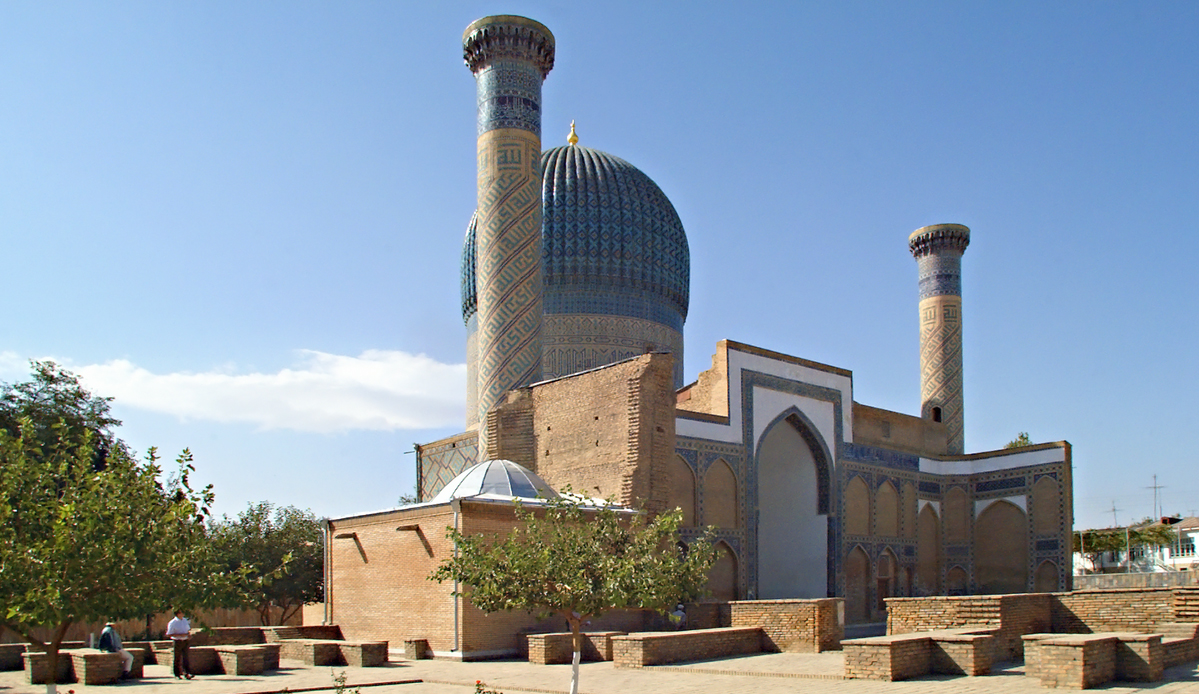
Lecture by Professor István Vásáry in the Orientalists in NSZL series
At 5 p.m. on April 25, 2018, Professor István Vásáry will deliver a lecture entitled Survival of the Turkish-Mongolian tradition in the Persian and Turkish chancelleries of Timur and the Timurids (1370–1506) in National Széchényi Library.
As part of the Orientalists in NSZL series, featuring lectures held once in a month and starting at 5 p.m. on Wednesdays, the third lecture of our current, third series will discuss the chancellery practice of smaller states emerging in the wake of the Mongolian empire, and the relationship with Islam.

More about the lecture
The Mongolian world empire reached its greatest extension by the middle of the 13th century, and then it fell apart into smaller empire parts (ulus), that were ruled by the descendants of Genghis. Central Asia was ruled by Chagatai Khan, after whom the area was named Chagatai ulus. The original population of this area during the Mongol conquest was Turkish and Iranian, and in a few generations, the language of the Mongolian elite came close to Turkish.
Timur Lenk (1336–1405) descended from Barlas, one of the Mongolian tribes which had become Turkish, and although he was not a member of the dynasty-forming Chinggisid clan, from 1370 on, he became the most powerful ruler of the Central Asian Turkish-Mongol Empire, owned after his death by his descendants, the Timurids, up until 1506. István Vásáry’s lecture explores how and in what form the Mongol and Turkish tradition survived and lived on in the Persian and Turkish language chancelleries of Timur and the Timurids, where, according to the Muslim nature of the state, Arabic literacy, Islamic religion and culture undoubtedly dominated.
Date: April 25, 2018, 5 p.m.
Venue: National Széchényi Library, Ceremonial Hall (Floor 6)
Entrance is free
Interview with István Vásáry on the blog of the Library (in Hungarian)




